Exciting News: Chatrapati Sambhaji Nagar (formerly Aurangabad), one of the RCA members has been awarded the runners-up position for the 2023-2024 WRI Ross Centre Prize for Cities for collaborative efforts in reviving and restoring the Kham River (Read more)
Government of India
Government of India

Advisories and Guidelines
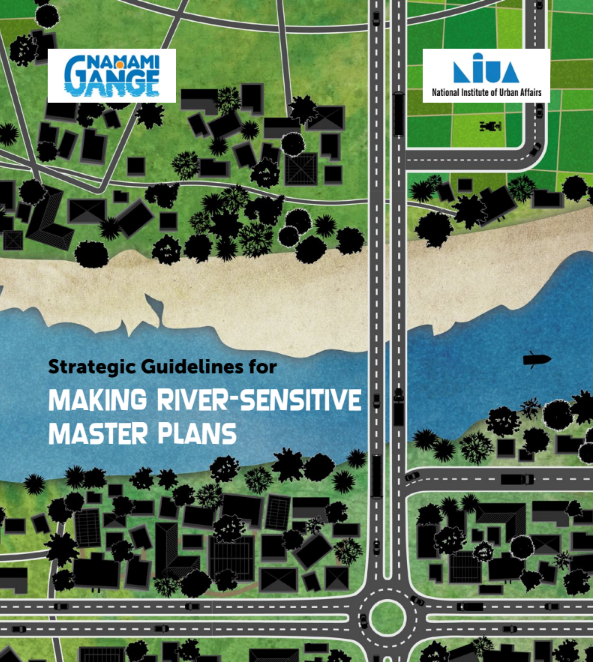
Strategic Guidelines for “Making River Sensitive Master Plans
National Institute of Urban Affairs (NIUA) & National Mission for Clean Ganga (NMCG) developed Strategic Guidelines for “Making River-Sensitive Master Plans”. The purpose of this guidance document is to help city planners across the basin, and the country at large, understand how to integrate river-sensitive thinking into a Master Plan.
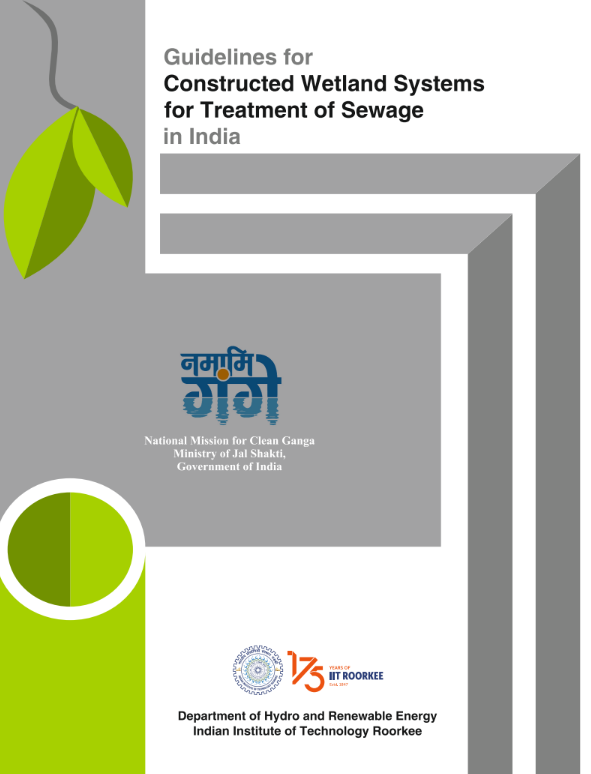
Guidelines for Constructed Wetland Systems for Treatment of Sewage in India
The “Guidelines for Constructed Wetlands for Sewage Treatment in India”, formulated by Hydro and Renewable Energy Department (HRED) of Indian Institute of Technology (IIT), Roorkee under aegis of National Mission of Clean Ganga (NMCG), Ministry of Jal Shakti, Govt of India is now available for all stakeholders and agencies in the water sector. Constructed wetlands (CWs) for sewage treatment holds immense potential in preserving our environment and improving wastewater management. The CWs guidelines have been developed as a point of reference for use by State and Central line agencies, NGOs, Industries, and Consultants in designing CWs as nature-based techniques for sewage management.
The guidelines have been developed after an exhaustive evaluation process conducted by a collaboration of renowned organizations, and by taking into account the inputs from numerous central and state agencies, including National River Conservation Directorate (NRCD), National Mission for Clean Ganga (NMCG), Department of Drinking Water and Sanitation, Ministry of Jal Shakti, Ministry of Housing and Urban Affairs (MoHUA), Central Public Health and Environmental Engineering Organisation (CPHEEO), Central Pollution Control Board (CPCB), State Pollution Control Boards (SPCBs), academic institutions and other agencies.
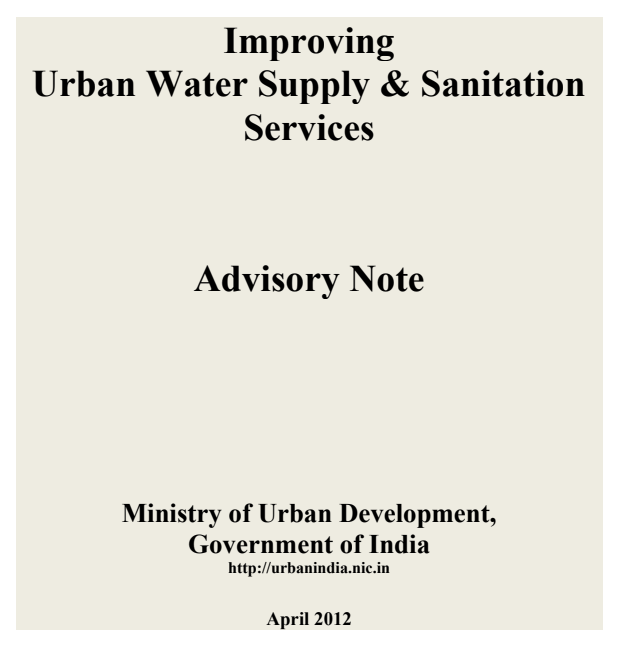
Improving Urban Water Supply & Sanitation Services
This Advisory Note on Improving Urban Water Supply and Sanitation Services (WSS) in India is an effort to provide guidance to States and Cities in adopting specific policies and governance structures for improving service delivery to the customers.
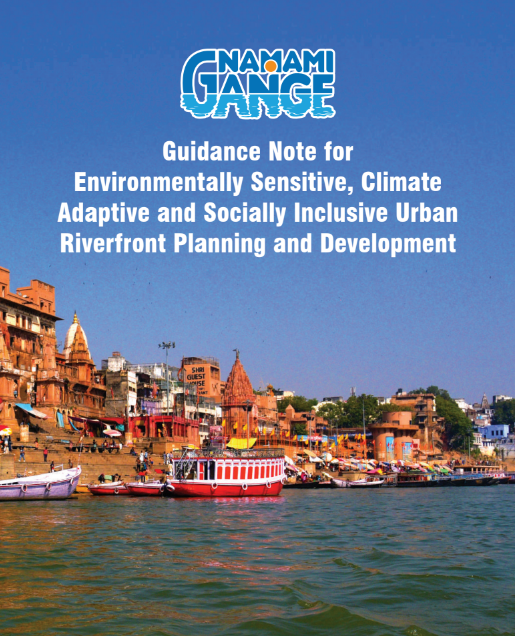
Guidance Note for Environmentally Sensitive, Climate Adaptive, and Socially Inclusive Urban Riverfront Planning and Development
A guidance note on urban riverfront development has been developed by NMCG and WRI to provide a broad framework in order to plan and develop environmentally sensitive, climate adaptive and socially inclusive approach to urban riverfront projects.
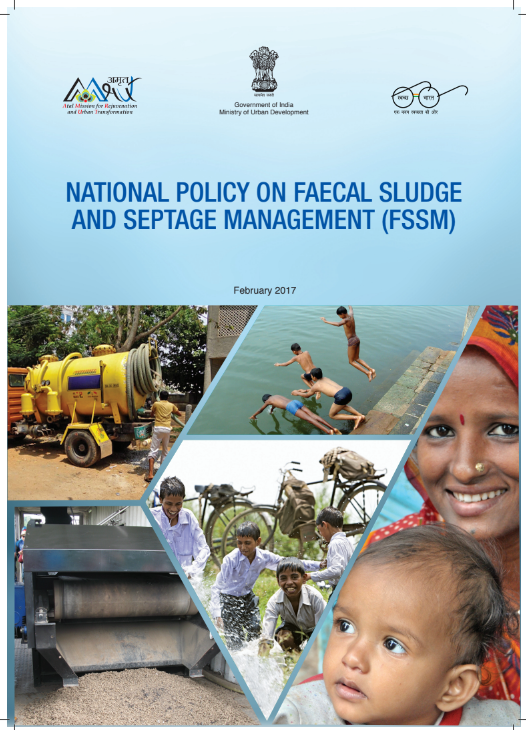
National Policy on Faecal Sludge and Septage Management (FSSM)
Ministry of Urban Development has launched the National Policy on Faecal Sludge and Septage Management (FSSM) to facilitate nationwide implementation of FSSM in India.
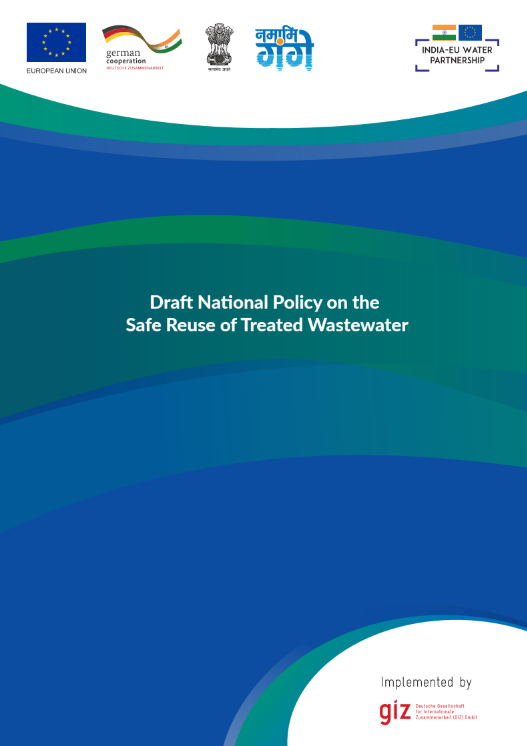
Ministry of Water Resources, River Development, and Ganga Rejuvenation notification
Ganga Rejuvenation act was notified on 7th October 2016 for prevention, control and abatement of environmental pollution in River Ganga and to ensure continuous adequate flow of water so as to rejuvenate the River Ganga to its natural and pristine condition.
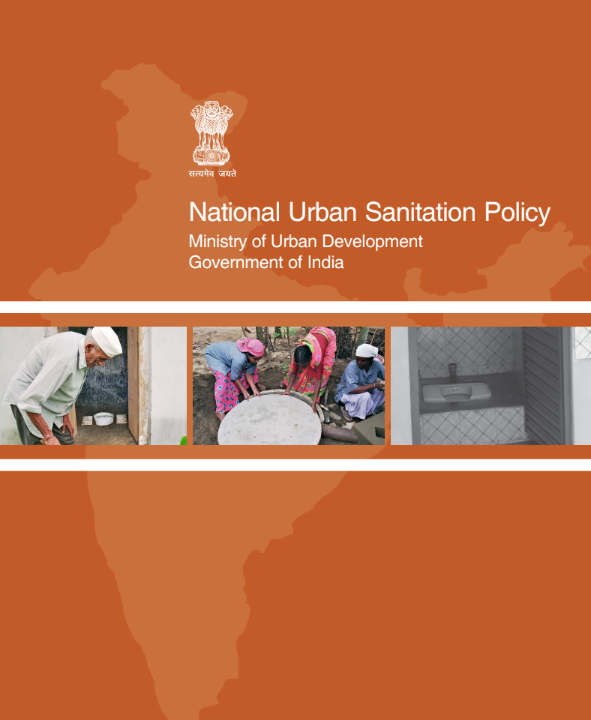
National Urban Sanitation Policy
With the aim of improving the sanitation situation in urban areas, the Government of India (GoI) sanctioned a policy paper prepared by the Ministry of Urban Development (MoUD) as the National Urban Sanitation Policy (NUSP).
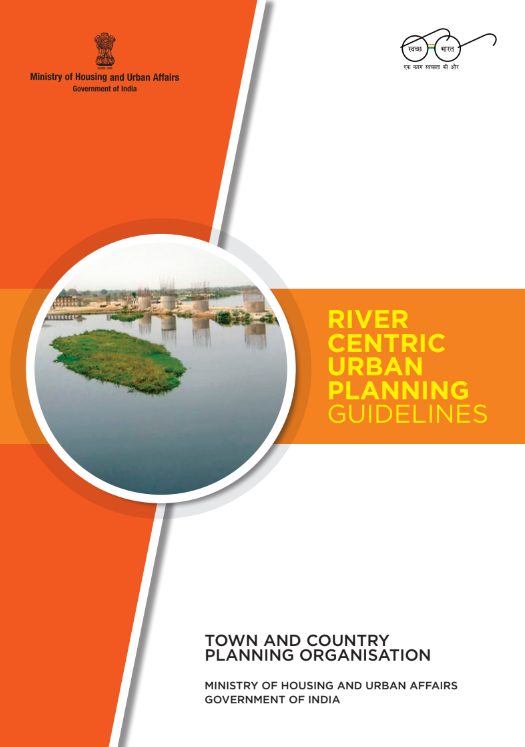
River Centric Urban Planning Guidelines
A River centric urban planning guideline have been prepared providing River Regulation Zones (RRZ) as an advisory for state/UTs to ensure sustainability of rivers passing through cities and towns and to regulate the development along the river banks and floodplain
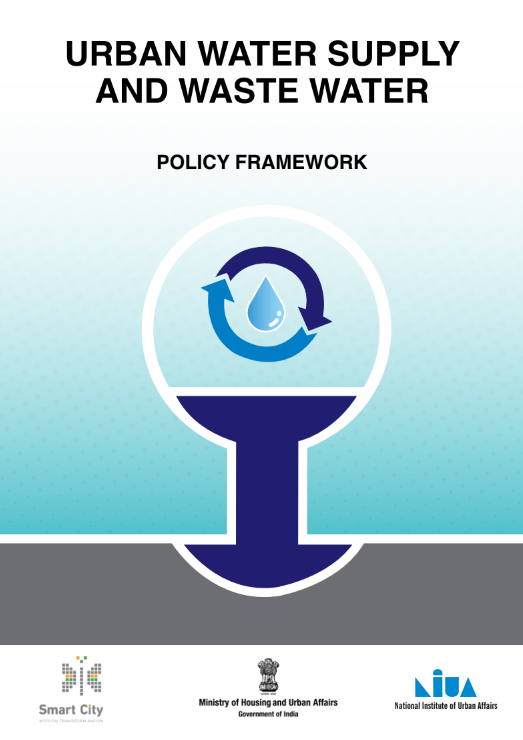
Draft National Policy on the Safe Reuse of Treated Wastewater
A draft National Policy on safe reuse of treated wastewater has been developed by Ministry of Jal Shakti.
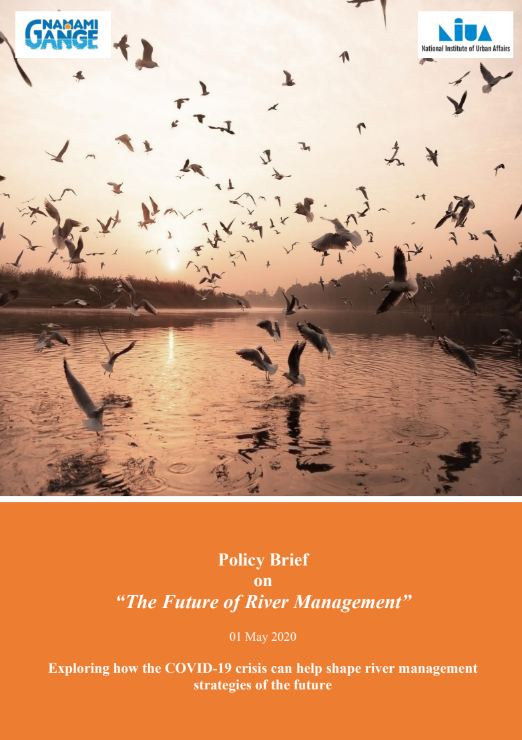
Policy Brief on “The Future of River Management
This policy brief is expected to provide useful insights to basin managers, government agencies, engineers, planners, researchers, and students for creating avenues to strengthen river management in the future.

